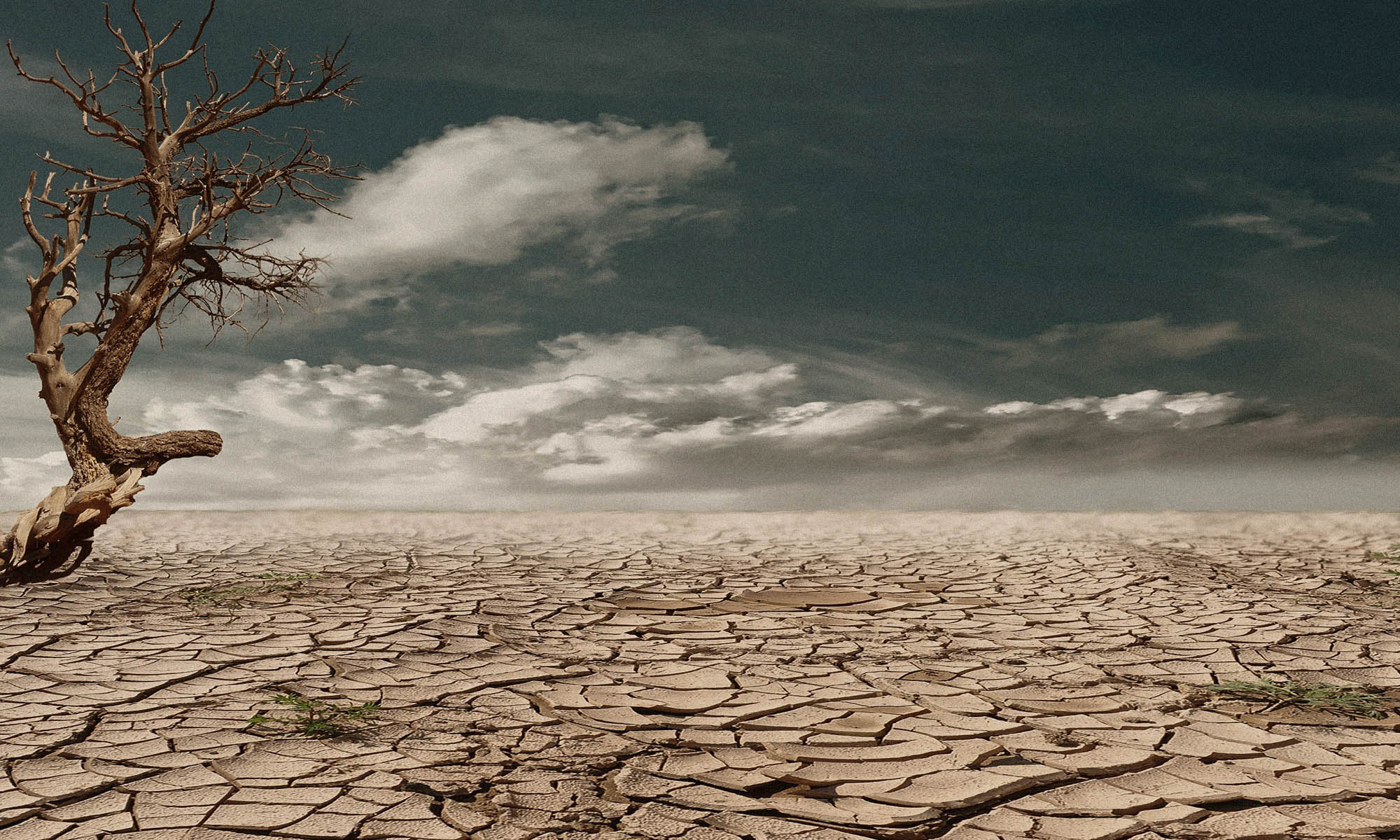Over at AgriProFocus, they bring together farmers, agribusinesses, civil society, knowledge institutes and governments. United in diversity, their members show that agribusiness and development are not mutually exclusive. Together, they find new, sustainable ways of creating impact with business; cultivating collaboration through linking, learning and leadership.
LINKING – Build successful partnerships
AgriProFocus helps people find the right people to solve problems and to do business with. Whether you are looking for change makers in the agri-food sector or partners to solve specific challenges with. Their network connects (un)usual suspects, facilitates innovative ways of working together and stimulates long term collaboration.
LEARNING – Expand your expertise
AgriProFocus facilitates exciting learning environments aimed at innovating people’s business. Their members share best practices, experiences and failures in order to learn from and with each other. Reflection and sense-making around specific issues are key in their learning processes.
LEADERSHIP – Find your leverage
AgriProFocus is a space for people to set and influence the agenda in collaboration with other relevant stakeholders. Their network aims to change both the ways of working and the rules of the game in the agri-food sector. By collectively improving the business environment for agripreneurs, they make sure impact is made at scale.
If that sounds interesting, you can join up here.
Ndiyo, I’ve joined 😊





